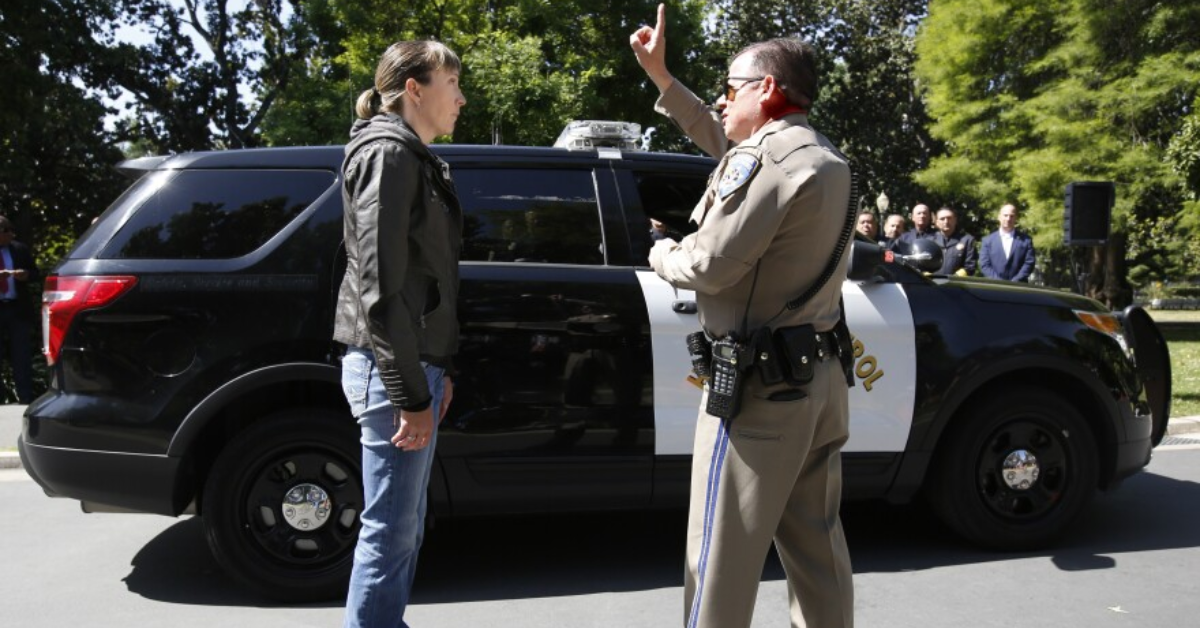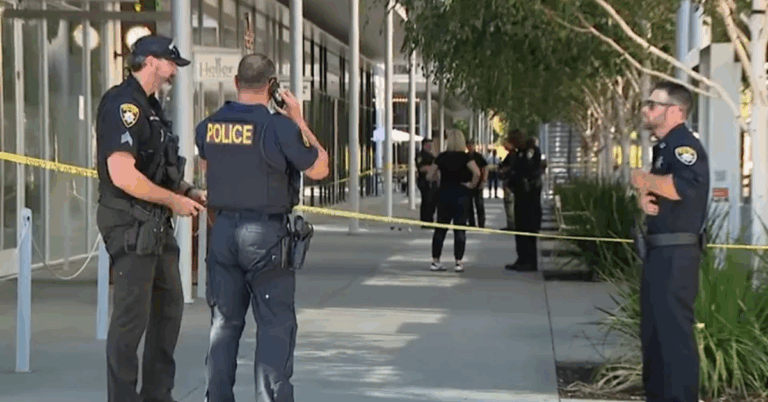
A serious legal issue has arisen involving a California Highway Patrol (CHP) sergeant who has failed to turn in an arsenal of 100 firearms. This situation is attracting attention due to the violation of a clear order issued by a judge. The matter raises questions about accountability and law enforcement protocols in California.
The sergeant’s refusal to comply with the court’s mandate highlights concerns over firearm regulations and enforcement within police departments. Understanding the details behind this case helps us grasp the larger implications for public safety and trust in law enforcement agencies.
Background of the Incident
The case began when a judge ordered the California Highway Patrol sergeant to surrender a collection of 100 firearms. Although precise details about why the firearms were ordered to be handed over have not been fully disclosed, it is clear that this was a legal requirement. Despite this, the sergeant has so far not complied with the court’s directive.
According to reports from credible news outlets like the Los Angeles Times, the sergeant’s failure to turn in these weapons could have significant consequences, including legal penalties and internal disciplinary actions. The refusal has raised eyebrows and led to investigations within the CHP and by external authorities.
Why is This a Big Deal?
Firearm regulation and control are major topics in California, one of the states with stricter gun laws in the United States. When a law enforcement officer does not follow a judge’s order about firearms, it undermines the judicial system and public trust. This breakdown can affect overall public safety and the image of the police force.
The CHP is expected to uphold the law impartially, and incidents like this may lead to debates about accountability in law enforcement. As reported by NPR, failure to comply with court orders can lead to severe consequences not only for the individual but also for department morale and public confidence.
Possible Consequences for the Sergeant and CHP
Legal experts explain that violating a court order can result in criminal charges, fines, and other judicial penalties. For a law enforcement officer, the repercussions can also include suspension, demotion, or dismissal from the force. The CHP may also face scrutiny from oversight bodies to ensure transparency in handling such situations.
The department’s leadership might introduce new policies or reinforce existing ones to prevent similar issues in the future. The case could also influence training programs focusing on legal compliance and ethical responsibilities for officers. A report from PBS NewsHour highlights how police departments nationwide are revisiting their firearm policies in light of recent events.
What Does This Mean for the Public?
For people living in California and across the United States, this case emphasizes the importance of law enforcement accountability. It reassures citizens that court orders and regulations apply to everyone, regardless of their position or job title. Maintaining discipline within police ranks helps build public trust and safety.
Young readers and new drivers can also learn from this incident about the serious responsibilities that come with handling firearms and following legal procedures. It serves as a reminder that rules are essential to keeping communities safe and that no one is above the law.
Conclusion: A Wake-up Call for Law Enforcement
The case of the CHP sergeant refusing to surrender 100 firearms despite a judge’s order is more than just a legal matter; it’s a signal about the challenges police departments face today. As California continues to enforce strict gun laws, this situation underscores the need for full compliance and accountability among officers.









